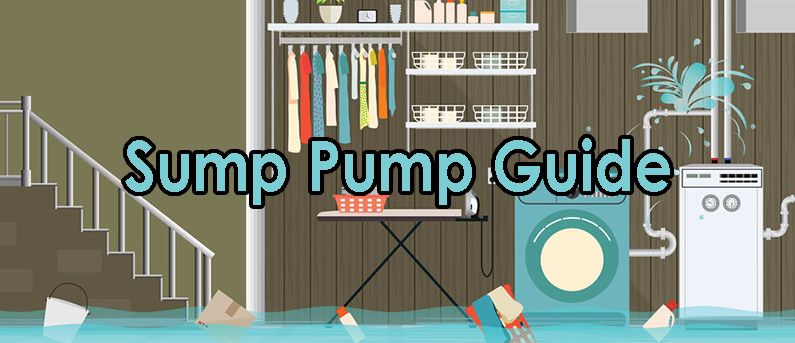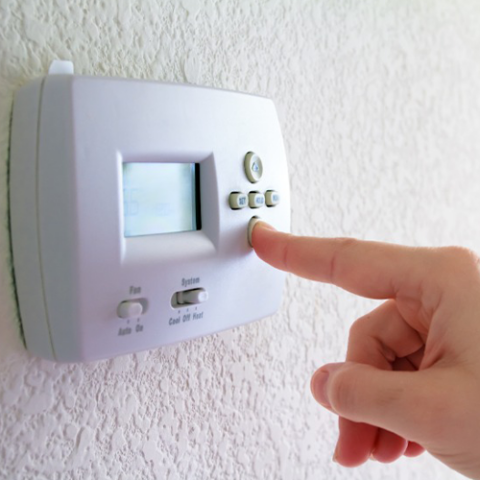The Ultimate Sump Pump Guide for Homeowners
Is your basement prone to leaks or outright flooding after heavy rain? Put an end to mold growth and property damage by installing a sump pump. Learn more about sump pumps, why they’re so important, and how to choose the right one with help from Sal’s Heating & Cooling.
What Is a Sump Pump & Why Do You Need One?
A sump pump is a device installed in a small hole dug into your basement or crawl space floor, known as a sump basin. Its job is to keep your basement dry by pumping out rain or rising groundwater that collects in the basin. This simple step prevents flooding and the headaches that come with it.
Here’s how homeowners benefit from installing a sump pump:
- Prevent flooding: A sump pump keeps your basement from turning into a wading pool.
- Protect the foundation: Prevent water from weakening your home’s foundation by pumping it out before pressure builds.
- Avoid mold growth: Keeping dampness at bay reduces the risk of mold and mildew.
- Safeguard your belongings: The basement is a common storage area. Stopping water intrusion keeps your belongings safe.
Types of Sump Pumps & Their Advantages
Various sump pumps are available to suit different requirements. Explore the pros and cons of the four main types.
Pedestal Sump Pumps
These pumps feature a motor mounted above the sump basin, making them easy to service and less likely to sustain damage while operating.
Pros:
- Cost-effective
- Easy maintenance
- Long lifespan
Cons:
- Takes up more space
- Louder operation
Submersible Sump Pumps
These pumps are designed to operate underwater, allowing for installation inside a fully enclosed sump basin.
Pros:
- Powerful performance
- Quieter operation
- Space-saving design
Cons:
- Higher initial cost
- Harder to access for maintenance
- More vulnerable to debris in the basin
Battery Backup Sump Pumps
Since an electricity-powered sump pump won’t work if the power goes out, it’s wise to have a battery backup system. After all, a storm that threatens to flood your basement could also cause an outage.
Pros:
- Works when the power is out
- Provides peace of mind
Cons:
- Needs periodic battery replacement
- Requires a greater upfront investment
Water-Powered Sump Pumps
Using your home’s water pressure allows these pumps to work without electricity or batteries.
Pros:
- No reliance on the power grid or batteries
- No backup system needed
Cons:
- Requires high water pressure to function
Choosing the Right Sump Pump for Your Home
Sal’s can help you choose the best sump pump by weighing several factors:
- Basement size: Larger basements need pumps with more horsepower to handle potentially high water volume.
- Discharge location: The further the water must travel to discharge outside your home, the more powerful the pump must be.
- Water table levels: If your home is built on a high water table, you’ll need a pump that can handle frequent activation.
- Power source availability: If your area experiences frequent power outages, a water-powered or battery backup pump offers peace of mind.
- Budget: While it’s tempting to save a few dollars upfront, investing in a quality sump pump and backup system can prevent costly water damage.
Professional Sump Pump Installation & Maintenance
A sump pump is only as good as its installation and upkeep. That’s where Sal’s comes in. We provide no-nonsense service to customers in Louisville, Kentucky, Indiana, and Northern Ohio. Trust our team to expertly install your chosen sump pump so your home stays dry year-round. We also offer 24/7 emergency service if your sump pump fails at night or on the weekend.
Whether you need a new sump pump, a backup system, or routine maintenance, we’ve got you covered. Call today to schedule services.






